Estrategias adaptativas y de autorregulación de profesores en pandemia Covid-19
DOI:
https://doi.org/10.4151/07189729-Vol.61-Iss.2-Art.1283Keywords:
Educación online profesores adaptación autorregulación ergonomía cognitiva.Abstract
La masiva y abrupta implementación de educación online ha generado una serie de nuevos desafíos a los profesores, implicando el despliegue de importantes procesos adaptativos y autorregulatorios. Este texto aborda, a partir del análisis de entrevistas a profesores de educación básica, las formas en las que dichos procesos se manifiestan. En base a estos antecedentes, se proponen líneas de investigación y de arreglo de las condiciones en que se desarrolla la docencia online, desde la ergonomía cognitiva.
References
Referencias
Allal, L. (2020). Assessment and the co-regulation of learning in the class-room. Assessment in Education: Principles, Policy & Practice, 27(4), 332-349. doi:10.1080/0969594X.2019.1609411.
Autor. (2008). Actividad, Contexto Organizacional y Competencias. Revista Psicología Organizacional Humana, 2, 53-68.
Autor. (2021). Autorregulación y Carga de Trabajo en Teletrabajo durante la Pandemia Covid-19. Ergonomía, Investigación y Desarrollo, 3(3), 2021, 52-68. doi:10.29393/EID3-25ACCD10025
Bedny, G. Z., Seglin, M. H., & Meister, D. (2000). Activity theory: history, research and application. Theorical Issues In Ergonomics Science, 1(2), 168-206.
EducarChile. (2020). Engagement y Agotamiento en las y los docentes de Chile: una mirada a partir de la realidad Covid-19. Recuperado desde https://www.educarchile.cl/sites/default/files/2020-08/Estudio%20Engagement%20Docentes.pdf
EligeEducar. (2020). Situación de docentes y educadores en contexto de pandemia. Recuperado desde https://eligeeducar.cl/content/uploads/2020/08/Resultados_EncuestaEEcovid_web_rev-1.pdf
Geslin, P. (1999). L’apprentissage des Mondes, une anthropologie appliquée aux transferts de technologies. Toulouse: Octarès Editions.
Hadwin, A. F., Järvelä, S., & Miller, M. (2017). Self-regulation, co-regulation and shared regulation in collaborative learning environments. En D. Schunk & J. Greene (Eds.), Handbook of Self-Regulation of Learning and Performance (2nd ed.). New York, NY: Routledge.
Kim, L. E., & Asbury, K. (2020). ‘Like a rug had been pulled from under you’: The impact of COVID‐19 on teachers in England during the first six weeks of the UK lockdown. British Journal of Educational Psychology, 90(4), 1062-1083.
Mills, T., Tyson, S., & Finn, R. (2000). The development of a generic team competency model. Competency and Emotional Intelligence, 7(4), 37-41.
Morosanova, V. I. (2010). Conscious self-regulation of voluntary activity: Differential approach. Psychology in Russia: State of the Art, 3(09), 333-350. doi:10.11621/pir.2010.0017
Morosanova, V. I., Gaidamashko, I. V., Chistyakovac, S. N., Nailia, S. V., Кondratyuk, N. G., & Burmistrova-Savenkova, A. V. (2017). Regulatory and personality predictors of the reliability of professional actions. Psychology in Russia: State of the Art, 10(4), 195-207.
Observatorio Chileno de Políticas Educativas (OPECH) y Red Latinoamericana de Estudios sobre el Trabajo Docente (ESTRADO). (2020). Principales resultados de encuestas sobre el trabajo del profesorado chileno en periodo de pandemia. Recuperado desde http://redeestrado.org/wp-content/uploads/2020/10/re-minuta-resultados-encuestas-septiembre-chile-2020.pdf
Organización de las Naciones Unidas para la Educación, la Ciencia y la Cultura. (2021). COVID-19 Education Response – Education Issue Note N° 71 – April 2, 2020. Recuperado de https://en.unesco.org/covid19/educationresponse
Sanda, M. A. (2018). Mediating Subjective Task Complexity in Job Design: A Critical Reflection of Historicity in Self-regulatory Activity. En C. Baldwin (Ed.), Advances in Neuroergonomics and Cognitive Engineering, Advances in Intelligent Systems and Computing 586 (pp. 340-350). Cham: Springer International Publishing. doi:10.1007/978-3-319-60642-2_32
Sangeeta & Tandon, U. (2020). Factors influencing adoption of online teaching by school teachers: A study during COVID‐19 pandemic. Journal of Public Affairs, 21(4), e2503. doi:10.1002/pa.2503
Seufert, T. (2020). Building Bridges Between Self-Regulation and Cognitive Load—an Invitation for a Broad and Differentiated Attempt. Educational Psychology Review, 32, 1151-1162.
Vygotski, L. (1997). Pensée et langage, Paris: La Dispute.
Volet, S., Summers, M., & Thurman, J. (2009). High-level co-regulation in collaborative learning: how does it emerge and how is it sustained? Learning and Instruction, 19, 128-143.
Wirth, J., Stebner, F., Trypke, M., Schuster, C., & Leutner, D. (2020). An Interactive Layers Model of Self-Regulated Learning and Cognitive Load. Educational Psychology Review, 32, 1127-1149. doi:10.1007/s10648-020-09568-4
Zheng, X. L., Kim, H. S., Lai, W. H., & Hwang, G. J. (2020). Cognitive regulations in ICT-supported flipped classroom interactions: An activity theory perspective. British Journal of Educational Technology, 51(1), 103-130. doi:10.1111/bjet.12763
Zinchenko, Y. P., Morosanova, V. I., Kondratyuk, N. G., & Fomina, T. G. (2020). Conscious self-regulation and self-organization of life during the COVID-19 pandemic. Psychology in Russia: State of the Art, 13(4), 168-182.
Downloads
Published
How to Cite
Issue
Section
License
Copyright (c) 2022 Carlos Ignacio Díaz Cánepa, Aracelly Alcapán Regla, Elías Figueroa Zapata, Cristián Mella Araya, Ítalo Morales Olivares, Alvaro Palma Trujillo, Lilian Toro Vidal

This work is licensed under a Creative Commons Attribution-ShareAlike 4.0 International License.
El/los autores/as otorgan licencia exclusiva y sin límite de temporalidad para que el manuscrito sea publicado en la revista Perspectiva Educacional, editada por la Pontificia Universidad Católica de Valparaíso (Chile), a través de la Escuela de Pedagogía.





